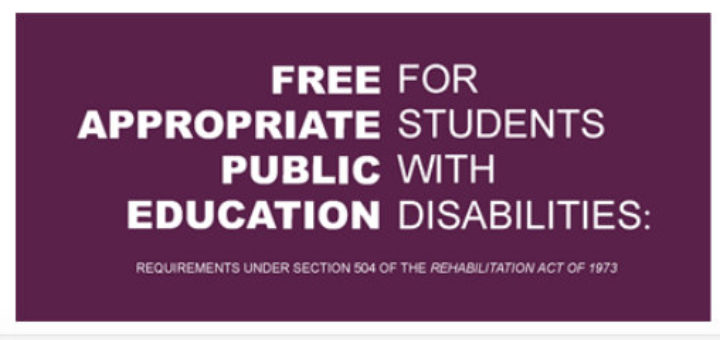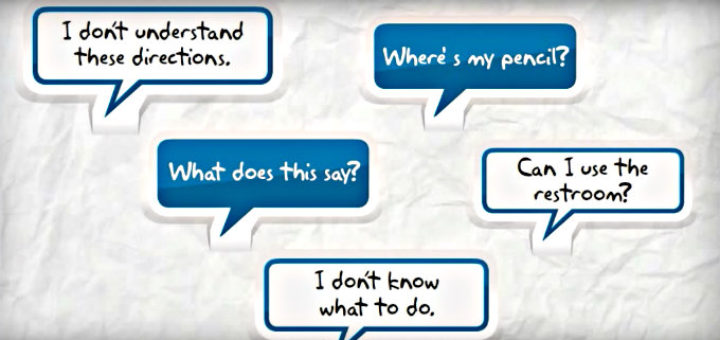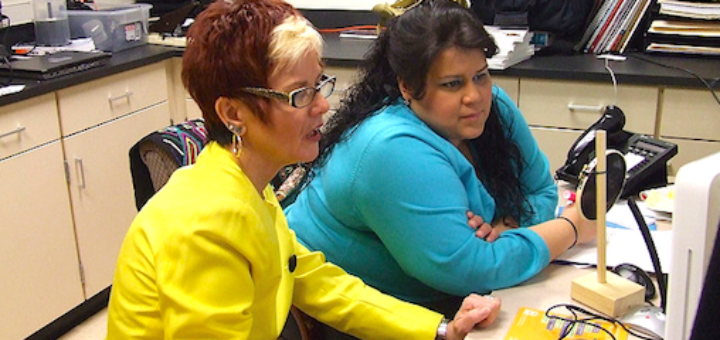Tagged: two teachers in the room
Noting the recent Supreme Court decision affirming high expectations and educational opportunities for all students with disabilities, Elizabeth Stein looks at what’s needed in the classroom to ensure an enduring commitment to inclusion continues to move forward.
Elizabeth Stein calls on co-teachers to create powerful ripple effects throughout the nation’s classrooms with positive actions aimed at strengthening inclusion and every student’s sense of achieving their best. She offers six jumping-off places to start the wave.
Elizabeth Stein urges co-teachers to co-create an action plan for the remainder of the year that supports any students who are beginning to drift and fall behind in reaching their goals. Using UDL videos and other resources, Stein shows how to meet diverse needs.
Don’t just think outside the co-teaching box – get out of the box altogether, into a no-boundaries partnership. Coach & NBCT Elizabeth Stein shares several strategies, including informal, efficient co-planning and divergent thinking activities to spark creativity.
It’s time, writes teaching coach Elizabeth Stein, for co-teachers to take a strong, visible and audible stance on behalf of those students “who have been on your mind every day since school began.” Co-teachers need to become social justice leaders in the classroom.
We have heard for over a decade now that we must be teaching our students how to think critically. Using four examples, coach Elizabeth Stein demonstrates how co-teachers can strengthen their own critical thinking skills using a shared problem-solving mindset.
Technology can be a topic that excites and motivates co-teachers to co-create lively learning experiences. Or it can make a co-teaching conversation fall flat. Elizabeth Stein shares tech resources to help co-teachers better connect with students and each other.
The most effective classroom leaders combine their expertise with others in collaborative, powerful ways, says instructional coach Elizabeth L. Stein. How can co-teachers evolve into a dependent leadership team? “Each co-teacher must be willing to be disturbed.”
Are you ready to be a vital force in your co-teaching relationship this year? Instructional coach Elizabeth Stein borrows concepts from Vitalism to suggest ways co-teachers can build a more effective practice by relying on both traditional knowledge and intuition.
Co-teachers have the opportunity to guide a transformation in the way students view themselves as learners and the way teachers and parents view educating diverse learners. Coach Elizabeth Stein describes four steps along the path to becoming an agent of change.
























